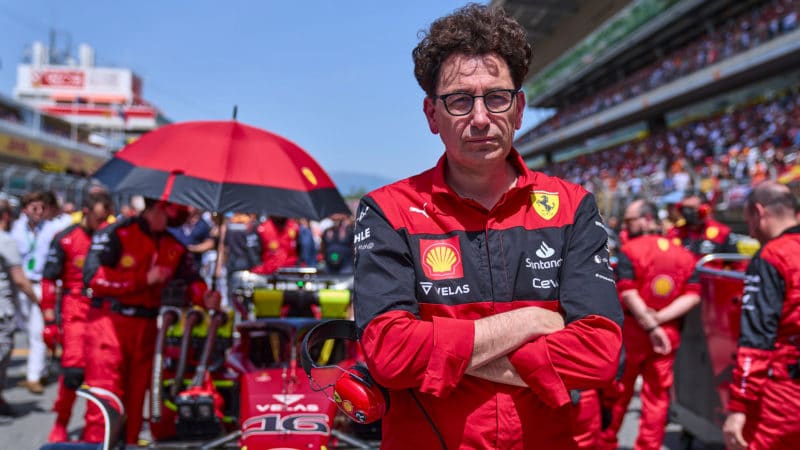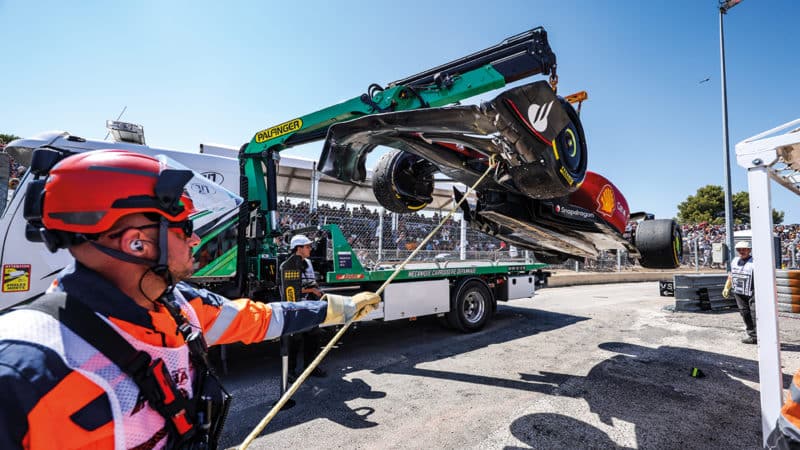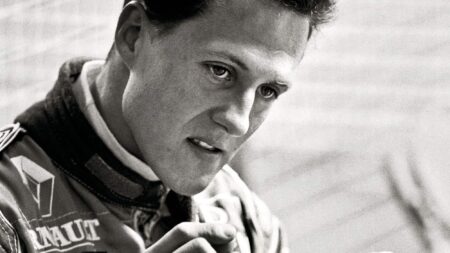The sport’s history is littered with examples, not least at Ferrari where the installation of Jean Todt and Ross Brawn steadily transformed but the culture and the fortunes of the team. But it took five years after Todt’s appointment as boss for a title to be delivered. For the first three years, they had a car significantly slower than the best and was relying only on the genius of its driver and some strategy wizardry to be in contention. There were calls for Todt to stand down occasionally then too. Which would have been a spectacularly stupid thing to have done. He and Brawn were so clearly building something good.
Binotto, as a home-grown Ferrari man rather than a hired gun from the outside employed very much on their own terms, does not have quite the same clout and implicit support that Todt enjoyed. But he’s making progress regardless. Had the Ferrari not been so fast that it could compete with Red Bull this year, we wouldn’t have seen the same pressure applied to the pitwall, any errors would have been less in the spotlight and there’d likely be no great call for the head of the boss.
In 1974 Ferrari, off the back of a disastrous winless 1973, created a car which Niki Lauda took to nine pole positions. It was clearly F1’s fastest car that year. But the team failed to win either title. Look what happened in ’75: domination.
Binotto should be supported and left to continue with the rebuild. The race team was not ready to win a title this year. The chassis team was, whilst the power unit department made spectacular power gains but hasn’t quite nailed the reliability. These are fixable problems with a bit of work and a good, stable working environment. Creating the fast car in the first place is the magic part, and it has shown it can do that.




